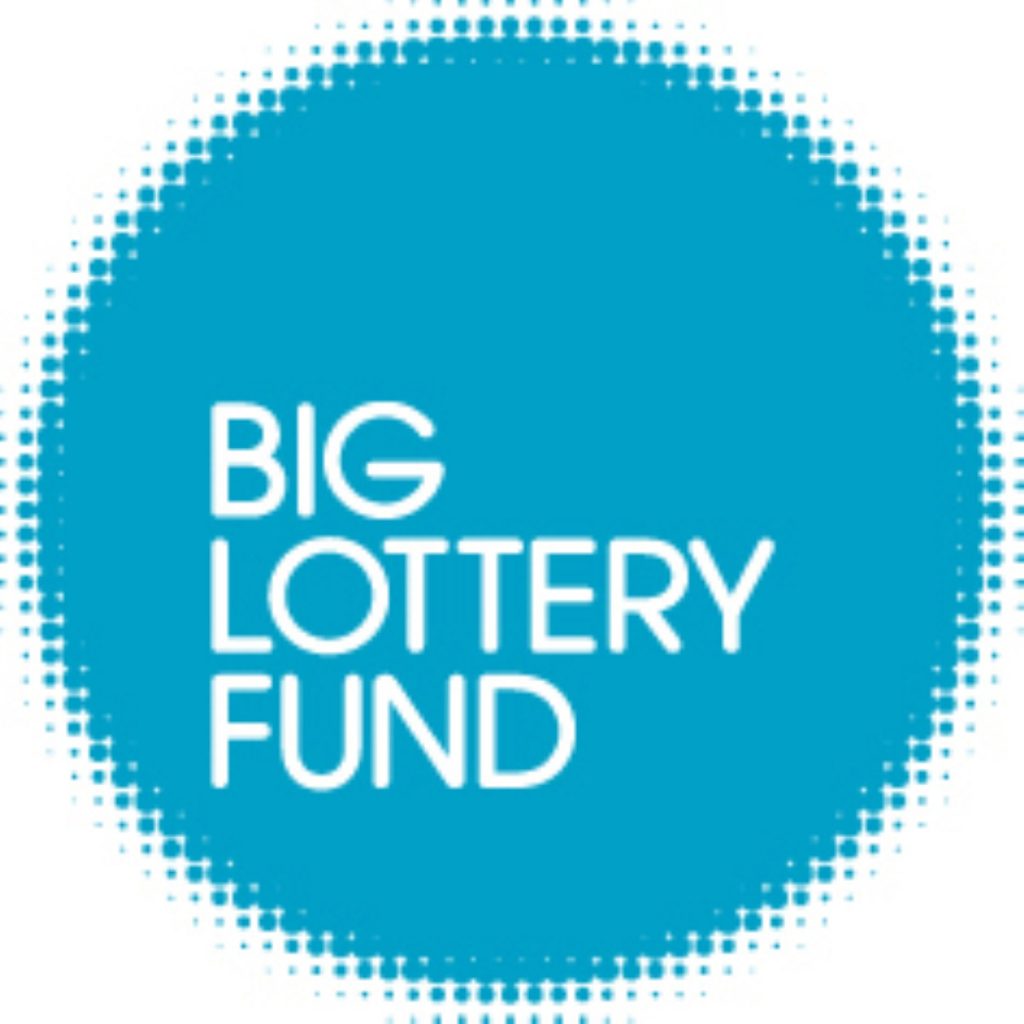Big lottery fund: lottery players fund helpline for children in care
The National Lottery has been improving lives for 18 years and today sees a further 47 projects benefit from good cause funding totalling more than £10m.
Awarded by the Big Lottery Fund – the largest Lottery distributor – today’s funding will help some of those most in need across England, including children and young people in care.
National Youth Advocacy Service (NYAS) receives £207,876 to continue a free national helpline providing support, information and advice to children and young people in care. Specialist advisors are available to help address issues including homelessness and preparing to leave care while offering legal support and resolving broken contact with social workers. In 2011 the NYAS Helpline took 15,775 calls with 97 per cent of the calls answered within the first three rings.
Christine Renouf, Chief Executive, NYAS, said: “‘At a time of growing understanding about the importance of listening to vulnerable children, this grant will make a significant difference to the lives of the most vulnerable children and young people in the country.
“Thank you to anyone who has played The National Lottery. Your funding is enabling us to continue this helpline which offers advocacy to children as a way for them to have their wishes and feelings listened to and valued. The helpline is the first, and often the most crucial, step in achieving this.
“Children who are in care, or at risk of being taken into care, have been let down by the ones that they trusted most and who should have been there for them. Most have experienced neglect or abuse and it is important that they be listened to and given a voice in both their care and their development towards adulthood.”
The helpline will make a difference by giving children and young people access to an advocate – someone who is independent of the care system and who is on their side – who can accompany them at meetings with social workers and can encourage them to speak up for themselves or can speak on their behalf. The project aims to make the care system more responsive to the needs of young people so they have a better experience of being in care and have more control over their own lives.
Other projects tor receive funding today include OCD Action, which receives £111,210 to provide peer support groups for people with obsessive compulsive disorder. OCD is a serious anxiety-related condition where a person experiences frequent intrusive and unwelcome obsessional thoughts, often followed by repetitive compulsions, impulses or urges. The project will establish new groups in areas identified as having a gap in support for sufferers – Lincolnshire, Devon, Cumbria, Suffolk and Derbyshire. Comprehensive training will be given to group leaders to ensure consistency across all support groups run in the country.
And £297,420 is awarded to The British Documentary Film Foundation to encourage older people to be more active across England by offering them the opportunity to play table tennis. This will be done by providing information packs including a DVD showcasing the story of eight table tennis players aged 82 to 102. Equipment will also be sent out to care homes so residents can play. The project also aims to raise awareness amongst young people of the issues faced by the older population, particularly those living in care homes.
Nat Sloane, Big Lottery Fund England Chair, said: “National Lottery funding has enabled the Big Lottery Fund to award, to date, more than £4bn to projects that make a difference to people and communities most in need across the UK. Today, in the same month that the National Lottery celebrates its 18th anniversary, we are awarding a further £10m to projects that will change people’s lives across England.
“We are committed to ensuring that the good cause funding raised by Lottery players continues to reach the most in need of support – whether that be vulnerable young people living in care or people suffering from health conditions that affect their quality of life. From young children to centenerians, BIG is working to change lives for the better.”





-01.png)